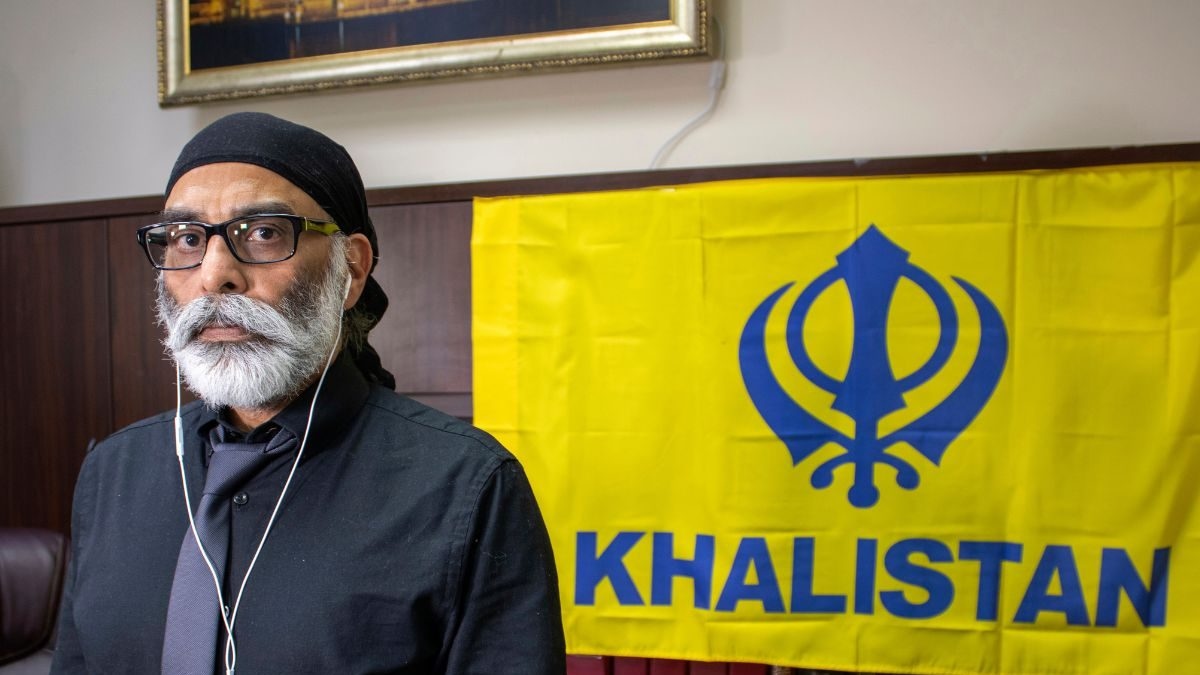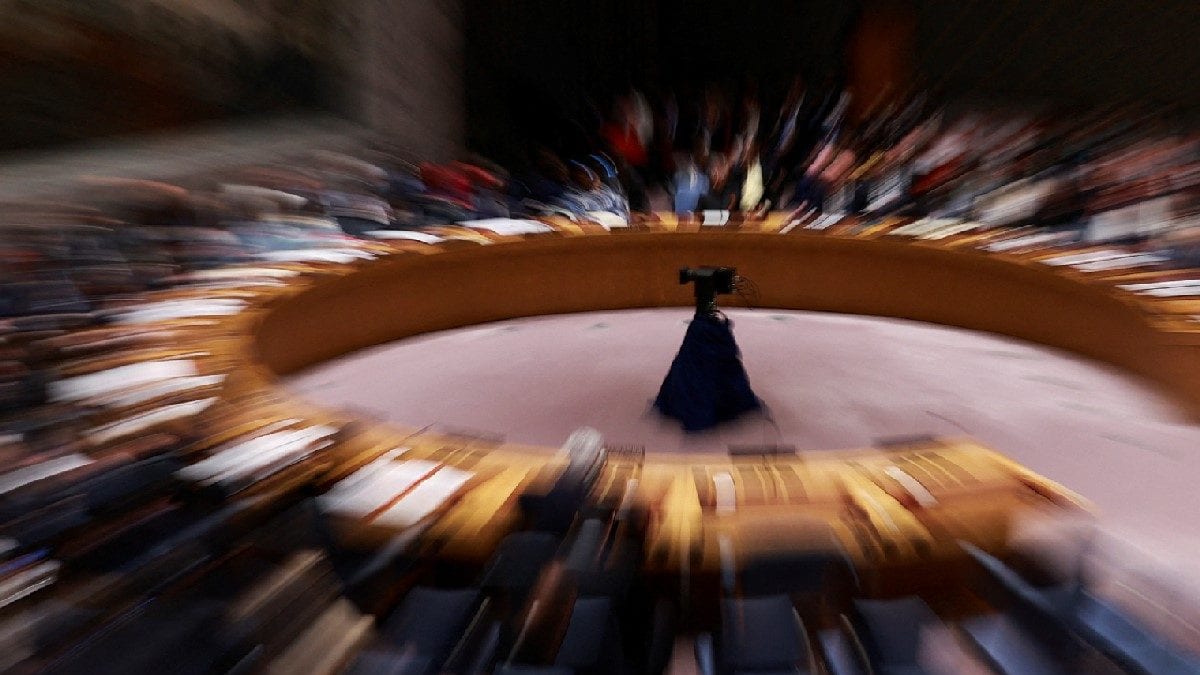Last Updated:December 04, 2024, 23:58 IST
Several nations in 2024 saw bids to overthrow the government either by military or political means.

A bid to overthrow the Assad regime in Syria, the toppling of the Hasina govt, Myanmar’s continuing civil war and Haiti overtaking by criminal gangs have shocked the world this year. (IMAGE: REUTERS/AP/AFP)
2024 saw political upheaval in several countries of the world which pushed their societies to the edge and revealed the fragility of the political systems that govern those nations.
From Bangladesh to Syria to Burkina Faso, there have been attempts to violently overthrow existing governments. Some of the plots have been successful but unrest continues in those countries even after the rebels promised a peaceful transition.
The coups not only impact the nations where it is being staged but also impacts its neighboring countries. Bangladesh is one such country where a regime change instead of bringing promised changes, has threatened to upend the nation as well as its neighboring states.
The list begins with Bangladesh and covers Myanmar and Syria, all of them Asian nations, but also catches a glimpse of bids to transfer power in countries like Sudan, Congo and Haiti – which is being called ‘hell on earth’.
Bangladesh
A series of protests, led by students, decrying Bangladesh Prime Minister Sheikh Hasina for introducing quota ‘reforms’ that allegedly favoured members of her own party, turned into hell for minorities.
The July-August student protests in Bangladesh led to the deaths of more than 700 people as protesters and police clashed across Bangladesh. The protesters claimed they were freeing Bangladesh from Hasina’s alleged undemocratic rule, and also gained international support.
On August 5, thousands of protesters marched towards Sheikh Hasina’s official residence in Dhaka forcing her to flee to India by helicopter on August 5.
Several of the top student protest leaders were enrolled at the university, some of whom are now part of the cabinet of the interim government which is led by Nobel Peace Prize winner Muhammad Yunus.
However, the country remains on edge as Islamist hardliners, most of whom oppose Hasina, have been attacking minorities.
In the immediate chaotic days following Hasina’s ouster, there was a string of reprisals on Hindus — seen by some as disproportionate supporters of her regime — as well as attacks on Muslim Sufi shrines by Islamist hardliners.
Islamist groups have been emboldened to take to the streets after years of being suppressed, and Hindu groups have rallied in counter-demonstrations.
Hindus are the largest minority faith in Bangladesh, accounting for around eight percent of the population.
This has also disturbed India-Bangladesh ties. India released a statement expressing concern over minorities after a Bengali Hindu monk was arrested.
“This incident follows the multiple attacks on Hindus and other minorities by extremist elements in Bangladesh", New Delhi said in a statement.
Condemnation also came from international quarters, with US President-elect Donald Trump also criticising the Yunus-led government for failing to protect Hindus.
Syria
Islamist-led rebels are pressing a major offensive in northern Syria in which they seized the second city Aleppo from the government for the first time since civil war erupted in 2011.
The attack is being led by rebel group Hayat Tahrir al-Sham (HTS), led by Syria’s former Al-Qaeda affiliate, and allied factions.
The fighting has killed hundreds, though the war monitor, the Syrian Observatory for Human Rights, and eyewitnesses say government troops withdrew from many positions without any serious resistance.
The rebels, based in the northwest in the opposition bastion of Idlib, have seized the city of Aleppo from government control, though some northern neighbourhoods remain Kurdish-held.
In 2016 the government regained control of the eastern part of the city which had previously been a stronghold for opposition groups. This was achieved through significant Russian air support.
The army maintains control over the southern regions of the country, including Sweida province which has seen numerous anti-government protests over the past year.
The government also holds central Homs province, most of Hama province nearby and the coastal regions of Tartus and Latakia along with Damascus and its surrounding areas.
A portion of northern Aleppo province remains under government control as well as parts of Raqa province and about half of Deir Ezzor in the east.
Government forces are supported by local militias and pro-Iran fighters.
Iran maintains that its military presence in Syria is limited to deploying advisers at Damascus’ request.
Russian troops are stationed in several areas controlled by the government including the Hmeimim airbase near Latakia on the Mediterranean coast.
Myanmar
Renewed fighting between the junta and the Myanmar rebels have led to thousands of deaths and displaced millions.
The Southeast Asian nation has been in the midst of a violent conflict since 2021 when the military overthrew the democratically elected government led by Nobel laureate Aung Sang Suu Kyi who has remained in detention since the coup.
The country descended into a bitter civil war that has claimed over 5,300 lives and forced the displacement of approximately 3.3 million people according to UN estimates.
Rebel groups across the nation have intensified their resistance against the military.
However, in December, some of the rebels expressed their desire to sit for peace talks with the junta mediated by China.
Haiti
Haiti’s situation, worsened by decades of political instability, deteriorated further in February when armed groups launched coordinated attacks in the capital, aiming to overthrow then-prime minister Ariel Henry.
Since then, gangs have seized control of 80 percent of Port-au-Prince. Despite a Kenyan-led police mission backed by the US and UN, violence has only escalated.
In November, the UN reported 4,544 verified deaths from gang violence this year, noting the actual toll is likely higher.
Women and girls face particularly brutal attacks, with victims often gangraped, mutilated, stoned, decapitated, burned or buried alive.
Over 700,000 people, half of them children, have fled the violence, according to the Organization for Migration.
Sudan
The eastern region of the Democratic Republic of Congo, rich in minerals, has faced violence and conflict for over 30 years due to rival rebel groups.
Since 2021, a Tutsi-led rebel group called March 23 movement (M23) has captured large areas, worsening the humanitarian crisis in North Kivu province.
Over five lakh people have fled to camps near Goma, the regional capital, pushing the total number of displaced people in North Kivu to 24 lakh, as per Human Rights Watch in September.
M23 is supported by Rwanda, which says it is acting against a Hutu extremist group in eastern Congo that threatens its borders.
(with inputs from AFP and AP)
Location : First Published:December 04, 2024, 22:35 IST
News world From Bangladesh to Haiti: How Coups Turned Regimes Into Ruins In 2024

 7 hours ago
7 hours ago

















